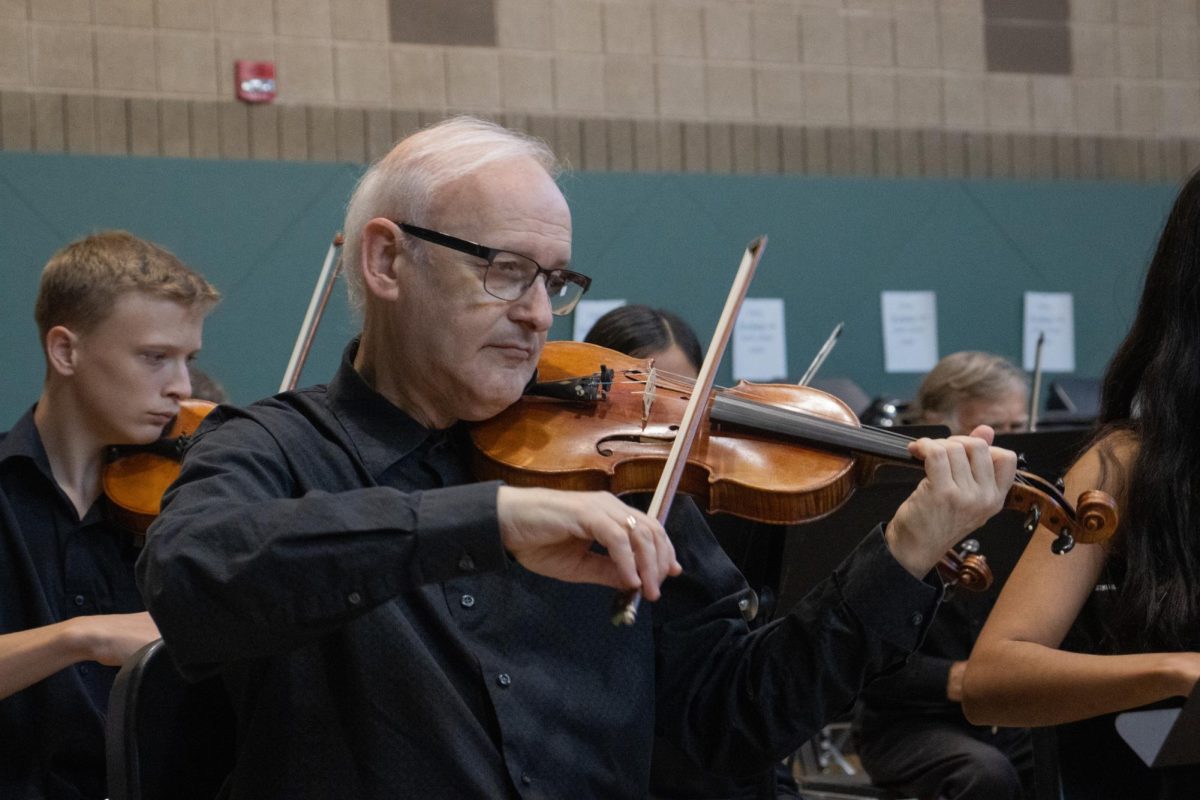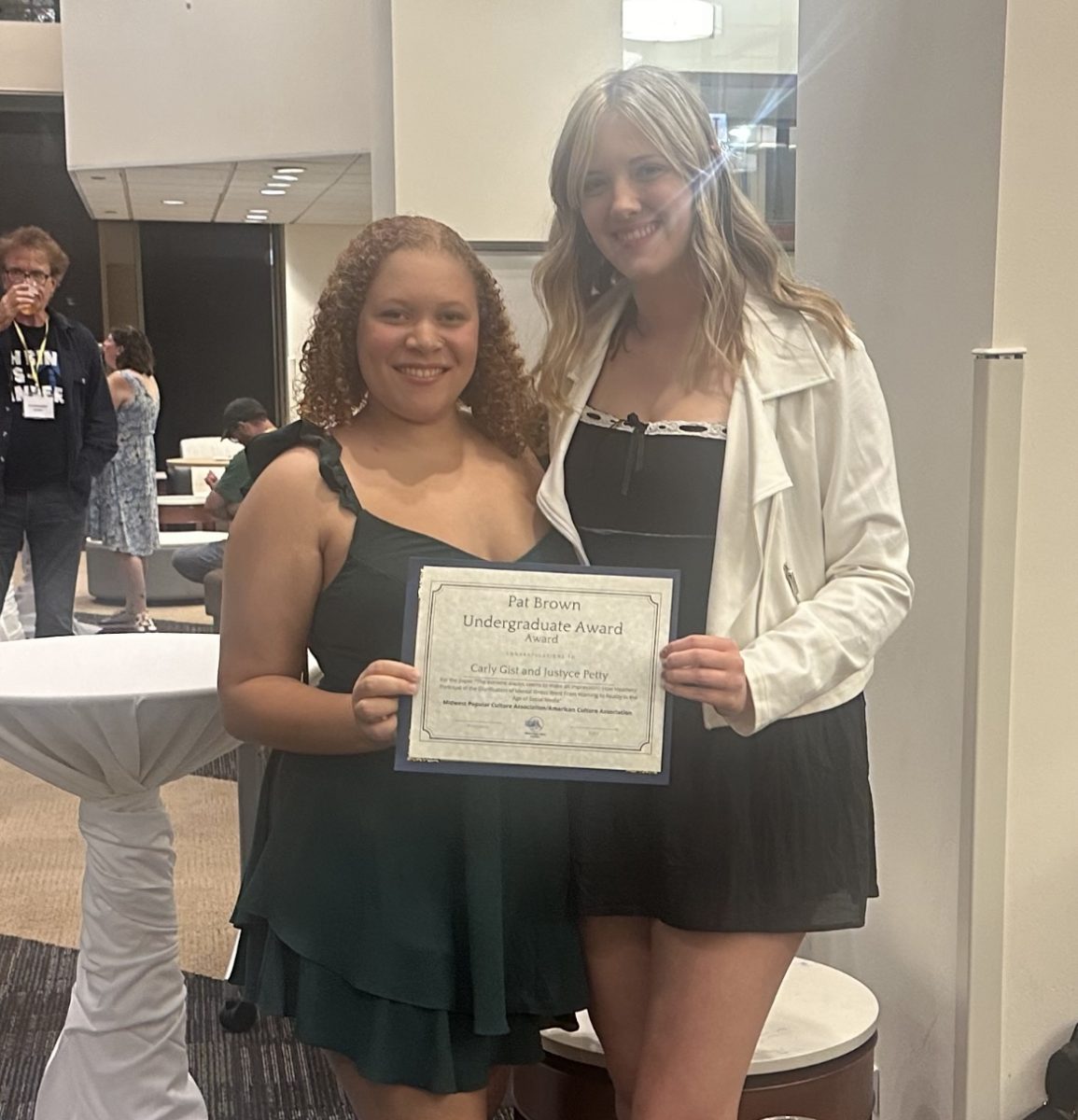wirebriefs_p6_3-1-11
March 1, 2011
Pro-Gadhafi forces close in on rebel-held cities near capital; US military moves toward Libya
TRIPOLI, Libya — International pressure on Moammar Gadhafi to end his crackdown on opponents escalated Monday as his loyalists fought rebels holding a city near the capital and his warplanes bombed an ammunition depot in the east. The U.S. moved naval and air forces closer to Libya and said all options were open, including the use of warplanes to patrol the North African nation’s skies and protect citizens threatened by their leader.
France said it would fly aid to the opposition-controlled eastern half of the country. The European Union imposed an arms embargo and other sanctions, following the lead of the U.S. and the U.N. The EU was also considering the creation of a no-fly zone over Libya. And the U.S. and Europe were freezing billions in Libya’s foreign assets.
Advertisement
“Gadhafi has lost the legitimacy to govern, and it is time for him to go without further violence or delay,” U.S. Secretary of State Hillary Rodham Clinton said. “No option is off the table. That of course includes a no-fly zone,” she added. British Prime Minister David Cameron told lawmakers: “We do not in any way rule out the use of military assets” to deal with Gadhafi’s regime.
Gadhafi, who in the past two weeks has launched the most brutal crackdown of any Arab regime facing a wave of popular uprisings, laughed off a question from ABC News about whether he would step down as the Obama administration demands.
“My people love me. They would die for me,” he said. ABC reported that Gadhafi invited the U.N. or any other organization to Libya on a fact-finding mission.
___
Obama endorses faster state input over health care law, but no bend on law’s mandates
WASHINGTON — Anxious to ease deepening political tensions with the states, President Barack Obama on Monday told governors he wants to speed up their ability to enforce his signature health care law on their own terms. But his concession goes only so far: He warned he won’t allow states to weaken the law.
He also told them not to vilify their own states’ public workers while struggling with spending cuts.
Advertisement*
Hosting governors of both parties on his own turf, Obama offered them what they often request: more flexibility as they cope with painful budget dilemmas. Declaring that he would “go to bat for whatever works,” Obama supported letting states propose their own health care plans by 2014 — three years faster than the current law allows.
Yet this would be no change to the fundamental requirements of a federal law that has divided the nation and prompted about half the states to try to overturn it through lawsuits. To gain new powers, states would first have to convince Washington that their plans would cover as many people, provide equally affordable and comprehensive care, and not add to the federal deficit.
More broadly, Obama sought to send a message — both cooperative and pointed — as leaders at all levels of government grapple with huge economic pressures. The yearly gathering of the president and the state chief executives came as budget disputes are roiling, most notably in Wisconsin, where dramatic protests have raged for days.
___
Landmark gene therapy work raises hope of someday curing AIDS by making cells HIV-resistant
In a bold new approach ultimately aimed at trying to cure AIDS, scientists used genetic engineering in six patients to develop blood cells that are resistant to HIV, the virus that causes the disease.
It’s far too early to know if this scientific first will prove to be a cure, or even a new treatment. The research was only meant to show that, so far, it seems feasible and safe.
The concept was based on the astonishing case of an AIDS patient who seems to be cured after getting blood cells from a donor with natural immunity to HIV nearly four years ago in Berlin. Researchers are seeking a more practical way to achieve similar immunity using patients’ own blood cells.
The results announced Monday at a conference in Boston left experts cautiously excited.
“For the first time, people are beginning to think about a cure” as a real possibility, said Dr. John Zaia, head of the government panel that oversees gene therapy experiments. Even if the new approach doesn’t get rid of HIV completely, it may repair patients’ immune systems enough that they can control the virus and not need AIDS medicines — “what is called a functional cure,” he said.
__
Last US WWI veteran Frank Buckles dies at 110 in W.Va.; campaigned for national memorial
MORGANTOWN, W.Va. — He didn’t seek the spotlight, but when Frank Buckles outlived every other American who’d served in World War I, he became what his biographer called “the humble patriot” and final torchbearer for the memory of that fading conflict.
Buckles enlisted in World War I at 16 after lying about his age. He died Sunday on his farm in Charles Town, nearly a month after his 110th birthday. He had devoted the last years of his life to campaigning for greater recognition for his former comrades, prodding politicians to support a national memorial in Washington and working with friend and family spokesman David DeJonge on a biography.
“We were always asking ourselves: How can we represent this story to the world?” DeJonge said Monday. “How can we make sure World War I isn’t forgotten.”
Buckles asked his daughter, Susannah Flanagan, about progress toward a national memorial every week, sometimes daily.
“He was sad it’s not completed,” DeJonge said. “It’s a simple straightforward thing to do to honor Americans.”
___
Advertisement









